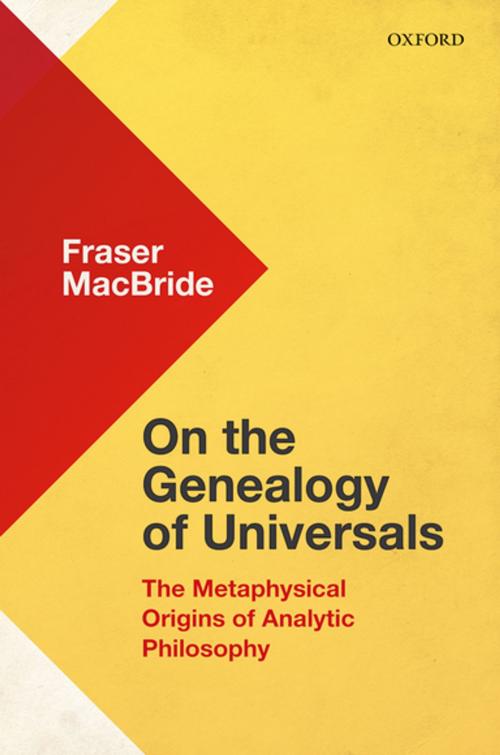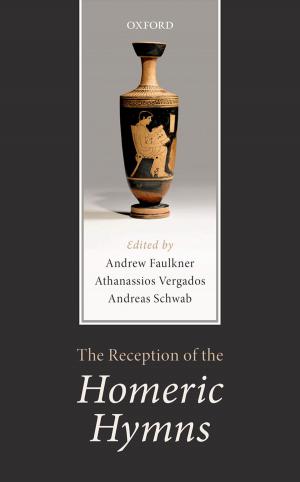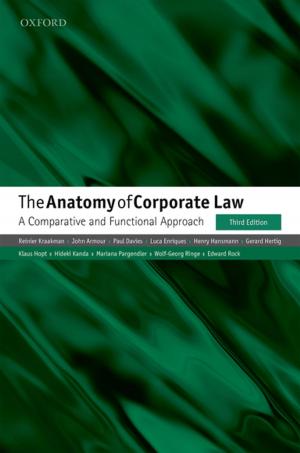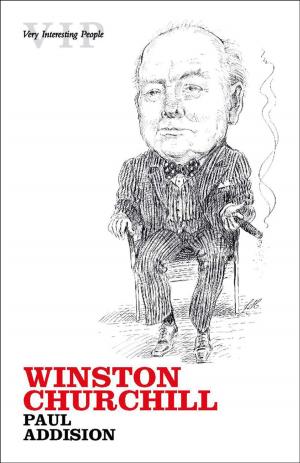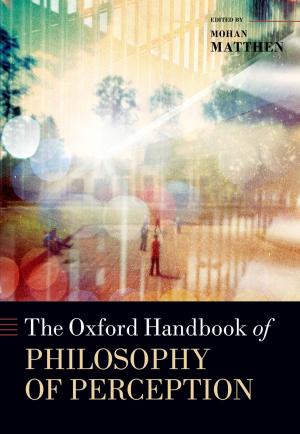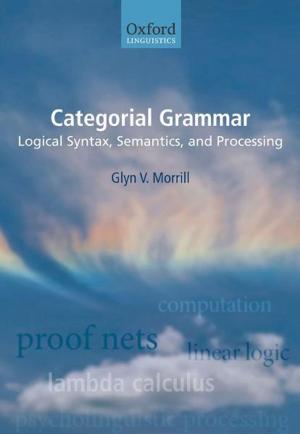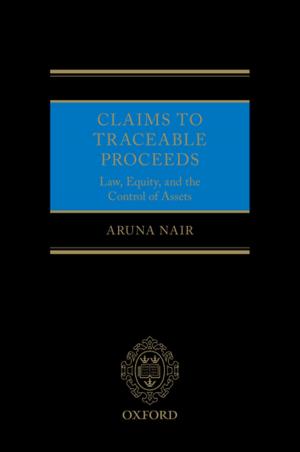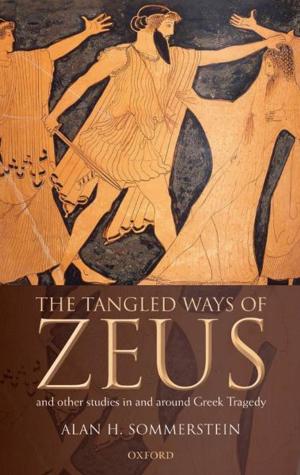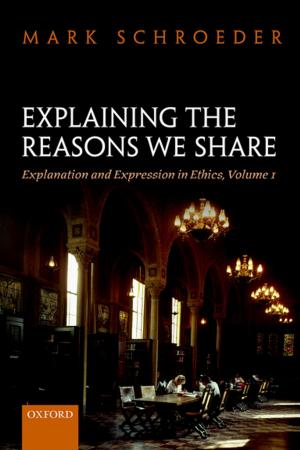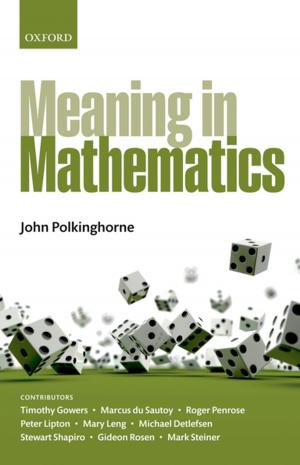On the Genealogy of Universals
The Metaphysical Origins of Analytic Philosophy
Nonfiction, Religion & Spirituality, Philosophy, Modern, Metaphysics| Author: | Fraser MacBride | ISBN: | 9780192539311 |
| Publisher: | OUP Oxford | Publication: | March 9, 2018 |
| Imprint: | OUP Oxford | Language: | English |
| Author: | Fraser MacBride |
| ISBN: | 9780192539311 |
| Publisher: | OUP Oxford |
| Publication: | March 9, 2018 |
| Imprint: | OUP Oxford |
| Language: | English |
The concepts of particular and universal have become so familiar that their significance has become difficult to discern, like coins that have been passed back and forth too many times, worn smooth so their values can no longer be read. On the Genealogy of Universals seeks to overcome our sense of over-familiarity with these concepts by providing a case study of their evolution during the late 19th century and early 20th century, a study that shows how the history of these concepts is bound up with the origins and development of analytic philosophy itself. Understanding how these concepts were taken up, transfigured and given up by the early analytic philosophers, enables us to recover and reanimate the debate amongst them that otherwise remains Delphic - to interpret some of the early, originating texts of analytic philosophy that have hitherto baffled commentators, including Moore's early papers, to appreciate afresh the neglected contributions of philosophical figures that historians of analytic philosophy have mostly since forgot, including Stout and Whitehead, and to shed new light upon the relationships of Moore to Russell and Russell to Wittgenstein.
The concepts of particular and universal have become so familiar that their significance has become difficult to discern, like coins that have been passed back and forth too many times, worn smooth so their values can no longer be read. On the Genealogy of Universals seeks to overcome our sense of over-familiarity with these concepts by providing a case study of their evolution during the late 19th century and early 20th century, a study that shows how the history of these concepts is bound up with the origins and development of analytic philosophy itself. Understanding how these concepts were taken up, transfigured and given up by the early analytic philosophers, enables us to recover and reanimate the debate amongst them that otherwise remains Delphic - to interpret some of the early, originating texts of analytic philosophy that have hitherto baffled commentators, including Moore's early papers, to appreciate afresh the neglected contributions of philosophical figures that historians of analytic philosophy have mostly since forgot, including Stout and Whitehead, and to shed new light upon the relationships of Moore to Russell and Russell to Wittgenstein.
